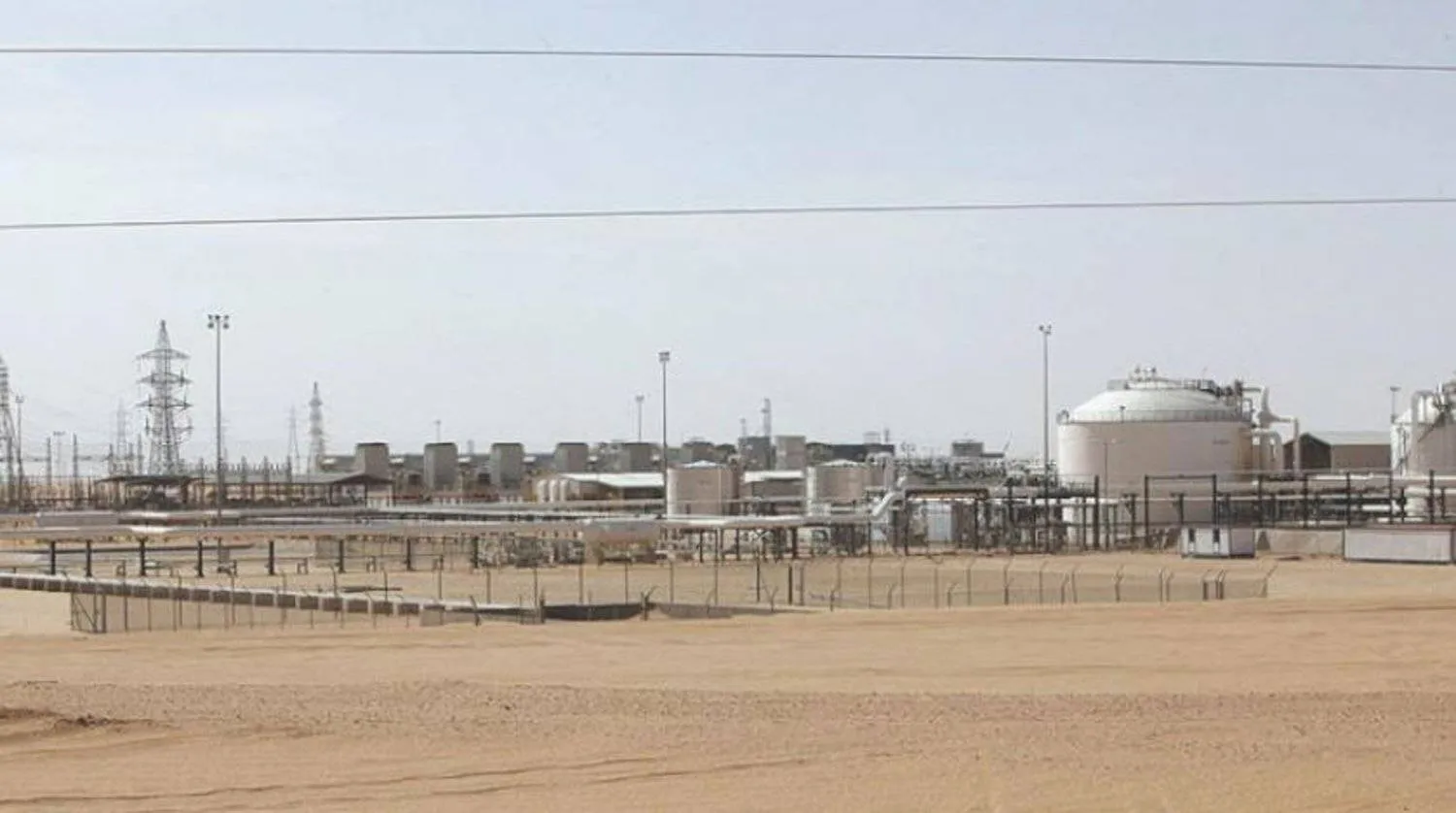Production at Libya's Sharara and El Feel oilfields, which were shut on Thursday following the abduction of a former finance minister, has resumed on Saturday evening, four oil engineers and oil ministry said.
Sharara has partially resumed at 30,000 barrels per day out of its usual 290,000, two engineers said. Production will return to normal on Sunday morning, they said, Reuters reported.
The Sharara field, one of Libya's largest production areas with a capacity of about 300,000 barrels per day, has been a frequent target for several political reasons and demands by local protesters.
The field is located in Murzuq basin in southeast Libya. It is run by the state oil firm NOC via Acacus company with Spain's Repsol (REP.MC), France's Total (TTEF.PA), Austria's OMV (OMVV.VI), and Norway's Equinor (EQNR.OL).
El Feel field, which has a capacity of 70,000 barrels per day, is operated by Mellitah Oil and Gas which is a joint venture between the state oil firm NOC and Italy's Eni (ENI.MI).
Sharara and El Feel oilfields, as well as the 108 field, were all closed in a protest by al-Zawi tribe in response to the kidnapping of former finance minister Faraj Bumatari. The 108 oilfield remains shut.
In a message to Reuters on Saturday, the tribe's leader Al-Senussi Al-ahlaiq confirmed the release of Bumatari, who was kidnapped after arriving at Mitiga airport on Tuesday.
The UN- mission in Libya said in a tweet it "reiterates its call for the immediate release of all those arbitrarily detained including civilians, civic activists, political figures & members of security service."
Libya's oil minister Mohamed Aoun told Dubai-based Asharq TV on Saturday that the oilfields' closure had cost the North African country the production of 340,000 barrels.
The oil ministry also said the closures could lead to the declaration of force majeure.
"The loss of confidence in the continuity of Libyan oil supply to the global market will result in a loss of market share for Libyan oil and decreased demand for it," the ministry said in a statement.
Libyan oil output has been subjected to repeated closures for different political reasons and local protesters' demands during the chaotic decade since the 2011 NATO-backed uprising against Muammar Gaddafi.









